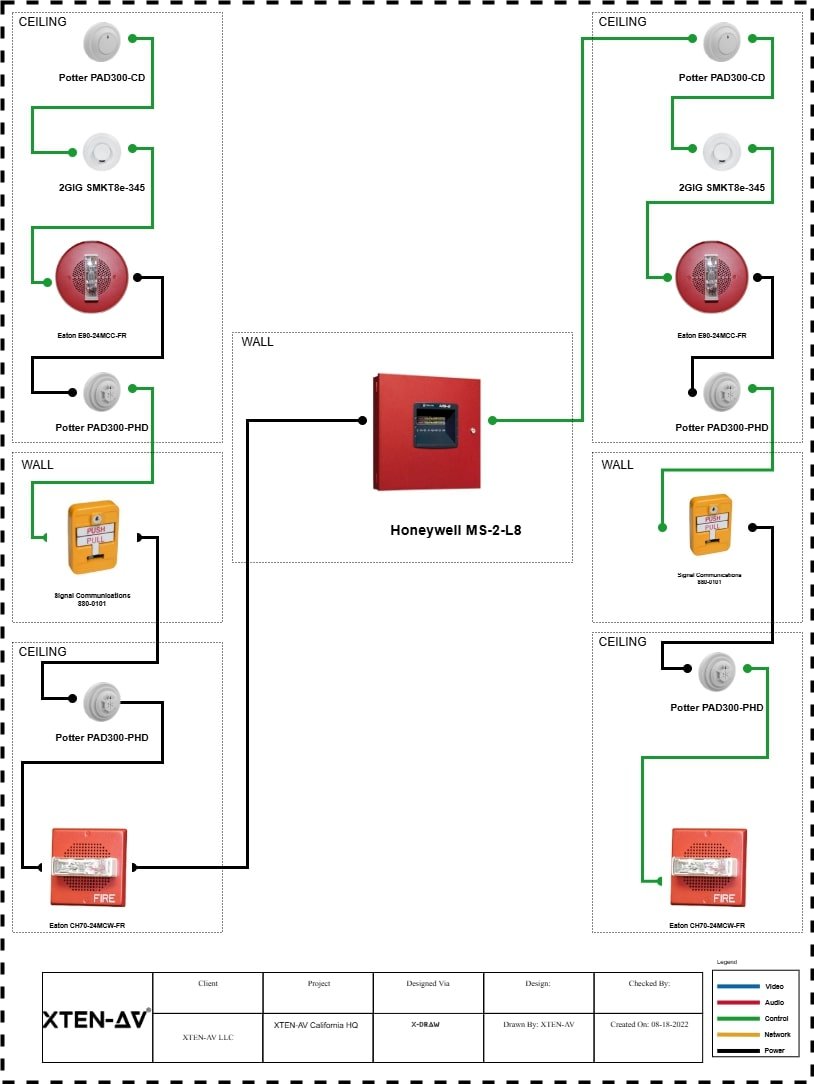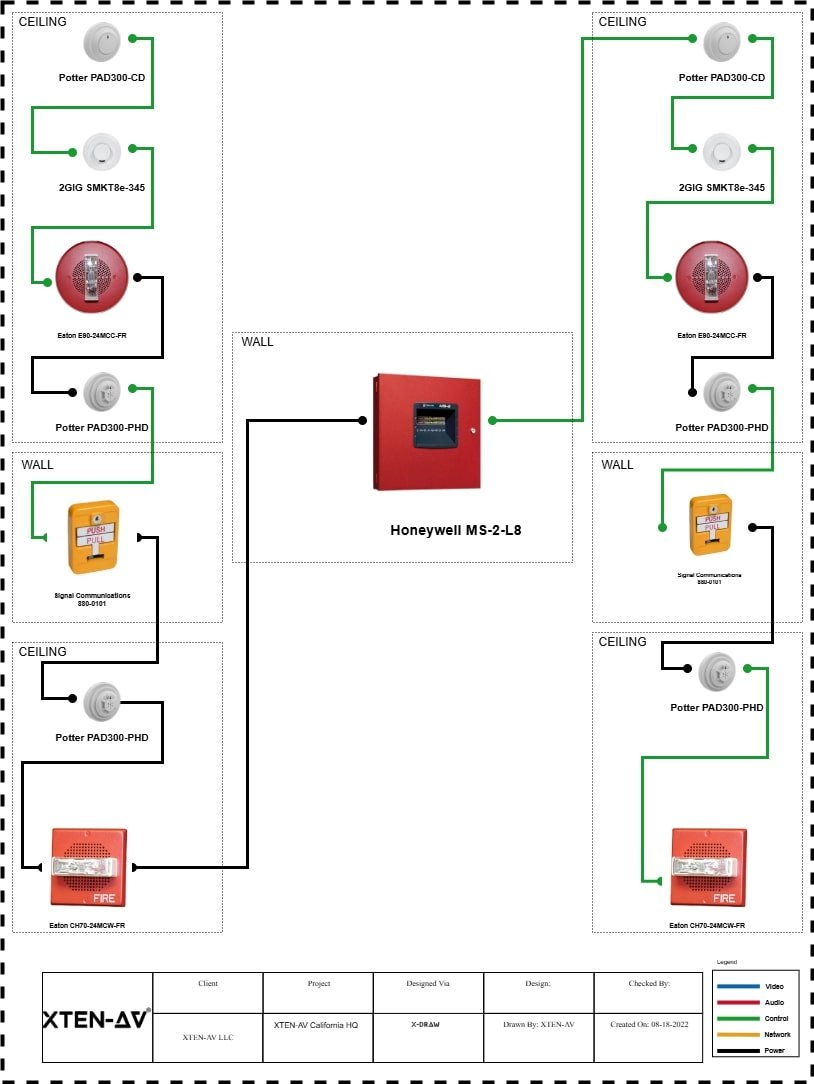In today’s highly competitive business environment, customer support services have become more than just a department—they are the backbone of customer satisfaction and loyalty. Delivering exceptional customer support is no longer optional; it is a critical strategy for businesses aiming to retain customers, enhance their brand reputation, and drive growth. In this blog, we will explore the importance of customer support services, how they impact business success, and best practices to excel in this vital area.
What Are Customer Support Services?
Customer support services encompass all the assistance a company provides to its customers before, during, and after a purchase. This support can come in many forms, including phone support, live chat, email assistance, self-service portals, and social media interactions. The goal is to resolve issues, answer queries, and ensure that customers have a smooth and satisfying experience with the company’s products or services.
These services play a crucial role in helping customers feel valued and understood, which is essential for fostering trust and loyalty.
Why Customer Support Services Matter
1. Enhancing Customer Satisfaction
At the core of any successful business is satisfied customers. Customer support services directly influence how customers perceive a company. Quick, helpful, and friendly support can turn a frustrated customer into a loyal advocate. Conversely, poor customer service can lead to dissatisfaction, negative reviews, and loss of business.
Studies show that customers are willing to pay more for a better customer experience. Therefore, investing in robust customer support services can lead to higher revenue and customer retention rates.
2. Building Customer Loyalty and Trust
When customers know they can rely on a company to help them whenever they need it, they are more likely to stick around. Customer support services provide the platform for building these trust relationships. Repeat customers are not only more profitable but are also likely to recommend the business to others, creating organic growth through word-of-mouth.
3. Differentiating Your Business
In markets saturated with similar products and services, customer support can be a key differentiator. Offering superior support services can set a business apart from its competitors. Many customers prioritize companies that provide accessible and effective support over those that don’t, even if the price or product features are similar.
4. Driving Business Insights
Customer support interactions provide valuable insights into common issues, customer preferences, and product feedback. Analyzing this data can help companies improve their products, services, and overall customer experience. This feedback loop is essential for continuous improvement and innovation.
Key Components of Effective Customer Support Services
To build an exceptional customer support system, businesses should focus on several core components:
1. Multi-Channel Support
Today’s customers expect to connect with companies through their preferred communication channel. Whether it’s phone, email, live chat, social media, or self-service portals, providing multi-channel support ensures that customers can reach out easily and conveniently.
2. Knowledgeable and Empathetic Support Agents
Support agents are the face of the company. Training agents to be knowledgeable about products and services, as well as empathetic toward customer concerns, is vital. Empathy helps build rapport and trust, while expertise ensures problems are solved efficiently.
3. Quick Response Times
Speed matters. Customers value prompt responses and quick resolutions. Long wait times can frustrate customers and damage the relationship. Implementing tools like chatbots or AI-powered help desks can help reduce response times while maintaining quality.
4. Personalization
Personalized customer support, where agents recognize returning customers and tailor their responses accordingly, enhances the experience. Using CRM tools to track customer history enables agents to provide relevant solutions without making customers repeat themselves.
5. Proactive Support
Proactive customer support involves reaching out to customers before they encounter issues or need to ask for help. This can include follow-up emails, notifications about service disruptions, or helpful tips related to product usage. Proactive communication can prevent problems and improve satisfaction.
Challenges in Customer Support Services
While the benefits of excellent customer support are clear, delivering it is not without challenges:
- Scaling Support Operations: As a business grows, maintaining high-quality support across multiple channels and increasing customer inquiries can strain resources.
- Managing Customer Expectations: Customers expect fast, 24/7 support, which can be difficult for smaller teams to provide.
- Integrating Technology: Choosing and integrating the right technology solutions (CRM, chatbots, ticketing systems) to streamline support can be complex.
- Training and Retention: Continuous training is essential to keep support teams knowledgeable and motivated. High turnover in support roles can affect service quality.
Best Practices to Enhance Customer Support Services
To overcome challenges and deliver outstanding customer support, consider these best practices:
1. Invest in Training and Development
Regular training programs help agents stay updated on product changes, customer service skills, and new technologies. Well-trained staff are more confident and capable of delivering superior service.
2. Leverage Technology
Adopt customer support tools like helpdesk software, AI chatbots, and knowledge bases to automate routine tasks and allow agents to focus on complex issues. Technology can also provide valuable analytics to monitor performance and identify areas for improvement.
3. Implement a Customer-Centric Culture
Make customer satisfaction a company-wide priority, not just the support team’s responsibility. Encourage collaboration across departments to resolve customer issues and improve experiences.
4. Gather and Act on Customer Feedback
Regularly solicit feedback through surveys, reviews, and social media. Use this feedback to refine products, services, and support processes. Showing customers that their opinions matter strengthens relationships.
5. Set Clear Service Level Agreements (SLAs)
Define and communicate expected response and resolution times internally and to customers. SLAs help manage expectations and improve accountability within support teams.
The Future of Customer Support Services
The landscape of customer support services is evolving rapidly. Emerging technologies such as artificial intelligence, machine learning, and automation are transforming how businesses interact with customers. AI-powered chatbots can handle simple inquiries instantly, freeing up human agents for more complex issues.
Additionally, data analytics will play a bigger role in anticipating customer needs and delivering personalized support experiences. As customer expectations rise, businesses must continuously innovate their support strategies to stay competitive.
Conclusion
Customer support services are a vital component of any successful business strategy. They directly impact customer satisfaction, loyalty, and overall brand reputation. By investing in knowledgeable teams, embracing technology, and fostering a customer-centric culture, businesses can unlock the full potential of their customer support services.
In an age where customers expect seamless, personalized, and efficient service, excelling in customer support is not just beneficial—it’s essential for long-term success.











Leave a Reply